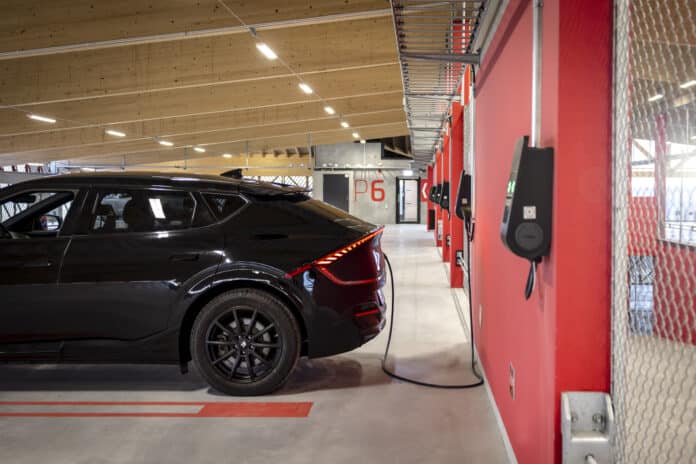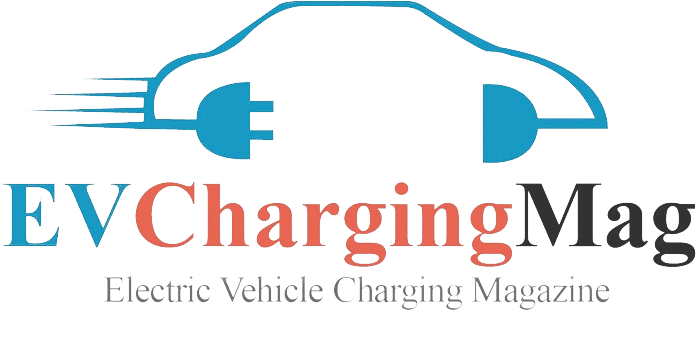A UK Government study highlights the need for clear communication about smart EV charging. The report, “Electric Vehicle smart charging: consumer research” emphasizes communicating smart charging benefits to drivers and the grid.
Understanding Smart Charging: A Key Challenge
The Energy Saving Trust‘s research explored public understanding of smart charging. It included interviews with 30 current and prospective EV drivers and fleet managers, as well as six focus groups. The report defines smart charging as charging EVs during periods of lower electricity demand or higher renewable energy supply. Drivers can achieve this through preset charging times, app controls, or energy provider management.
Current Smart Charging Practices: Home vs. Workplace
The study revealed that home EV owners best understood smart charging. Research suggests 70-90% of these drivers already smart charge, primarily overnight. Smart charging was less common at work. Only 12% of EV drivers at work could schedule their own charging. Fleet managers, focused on fleet electrification, struggled to understand smart charging’s benefits.
Tariff Awareness: Understanding the Options
The research explored understanding of electricity tariffs. Time of use tariffs, like ‘Economy 7’, were well understood. Dynamic tariffs had lower awareness. The report notes participants accepted supplier charging control if they were confident of having enough charge. Type of use tariffs were easily understood.
Attitudes and Effective Messaging: Combining Benefits
Participants were positive about smart charging. They saw the benefits of lower charging costs and contributing to a decarbonized grid. Focus groups found “how it works” essential for messaging. Explaining tariffs and highlighting cost savings were motivational. Combining cost and environmental benefits was effective. The report concludes misconceptions stemmed from a lack of understanding. Messages highlighting ease and convenience were well received.
The report recommends all EV stakeholders read the study.

